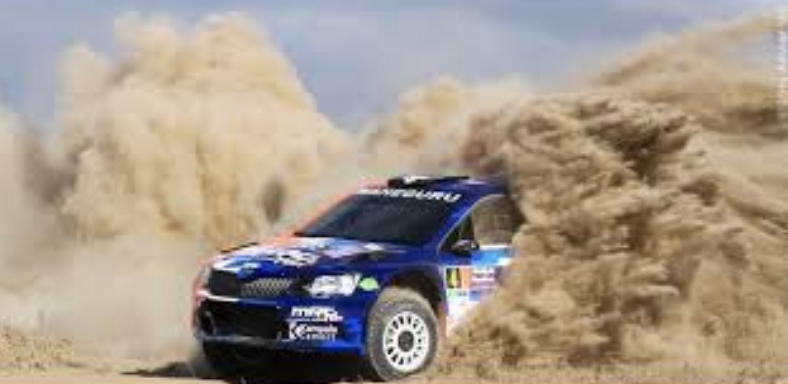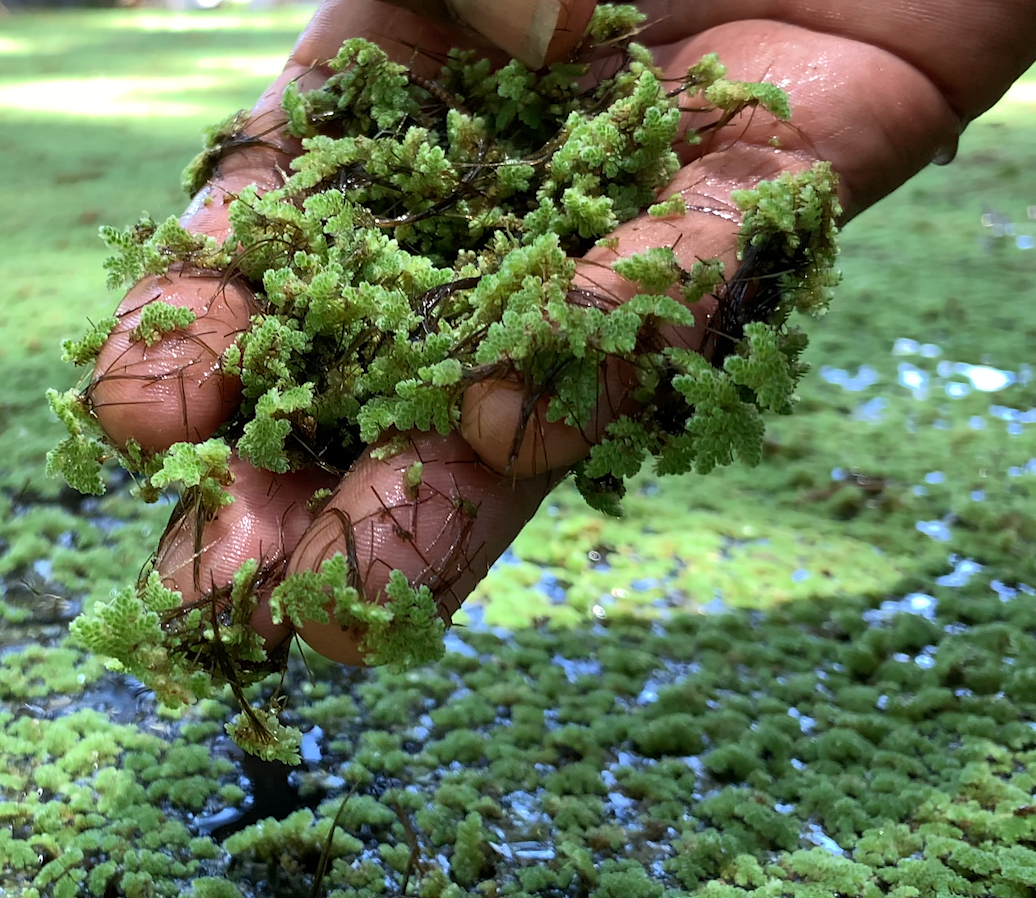
Safari Rally returns to the World Rally Championship roster
The last time the Safari Rally was a part of the World Rally Championship, Kenya’s George Mwangi was a navigator. After almost two decades of absence from the WRC, the rally returns to find him a Kenya Motor Sports Federation official. Mwangi reminisces his time of calling the notes in the rally fondly.
George Mwangi is a man who was drawn to the allure of speed and adventure from a young age. Having a father who loved motorsport set him on a path to becoming a rally driver.
George Mwangi, Former Navigator: “I started Rallying in 1992 but I started in the training rallies you know the elementary class so to speak and 1994 is when I did my first Safari. rallying I took it from my dad, he is a former rally driver, he used to do the then East African Safari Rally and even after he retired. You know Easter was synonymous with Safari, so even after he retired we would go round the route watching the cars, so the bug was in me.”
A Kenyan, Ian Duncan, won the Safari in 1994 when Mwangi made his debut. It was a long-awaited victory after foreign drivers dominated the event for almost two decades.
“We were excited you know that when foreign drivers come and beat us on our home ground and these are routes that we use, we rally round all-round the year it’s not a good feeling so we are happy when one of our own wins,” Mwangi submits.
The Duncan victory sparked belief among the local drivers and Mwangi would then, later on, navigate Azar Anwar to win the 2006 Safari Rally. In the process of becoming the first indigenous Kenyan and African to win the event.
“You know the late Riyaz Kurji then was in top form. He was dominating the events. So Azar said, George, the competition is too fierce but I had this feeling in me and when we won. I reminded him. I told him Azar remember what I told you. He couldn’t believe it he told me, George, what is this did you have a vision or something, and even for me it took time to sink in. Because it was like my first win in a major event, it is a safari, history in the history books, it was unreal you try to pinch yourself and to confirm whether you are dreaming or not. One of those feelings you will never forget.”
Mwangi has not rallied in a while but his navigation skills are still as sharp as ever and he so brilliantly demonstrated.
“when you are doing Recce now we write the pace notes now these are details the road details what the driver has seen, he tells the navigator and he writes. so we are supposed to do two passes so the first one the driver is calling the notes you know what the driver can see as per the Tulip’s you know I’m guiding him you know here we are turning left. so we go into the details we do the pace notes. now the second loop we drive a bit faster but now me as the co-driver I’m calling back the notes what the driver told me. we are confirming the notes and there are places you will be hey that was a medium right no I don’t think it’s a medium I think we need to change that into a fast or maybe no it needs to be a slow corner, so we amend. by the end of recce now we are certain that our notes are ok to come now on Saturday the day of the event. when I’m calling, the driver knows this is what we wrote.”
The last time the Safari Rally was on the WRC calendar George was navigating, now upon its return, he is part of the Kenya Motorsport Federation officials who fought hard to get the event reinstated.
“I give credit to our CEO Mr. Phineas Kimathi he is really gone round the world you know talking to the teams, the FIA officials, WRC officials telling them to give us a chance we can do it. We are running one of the top events in Africa you know in the ARC Safari was among the best and when they came to observe in 2018 they were impressed because you know we knew what we had to do and we know our shortcomings what made us get kicked out, more so about safety.
Safari Rally’s return to the WRC is a just reward for people like Mwangi who played a part in its rich legacy on and off the tough course.







